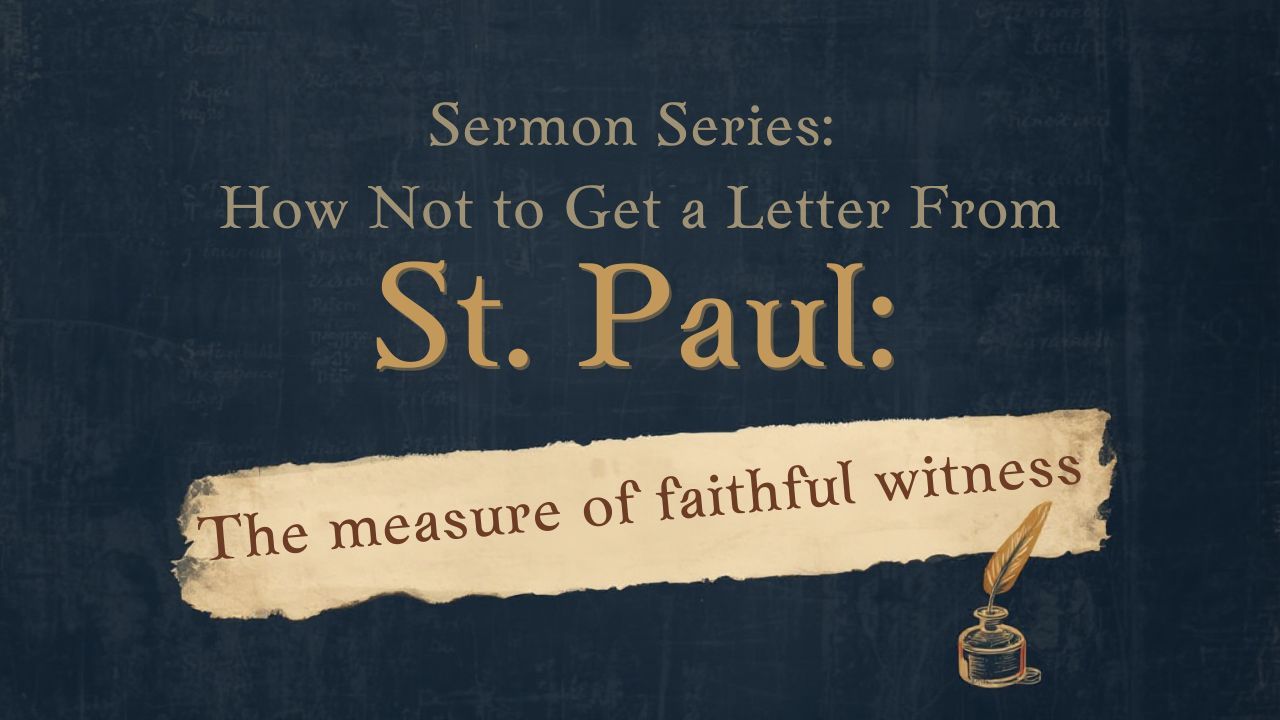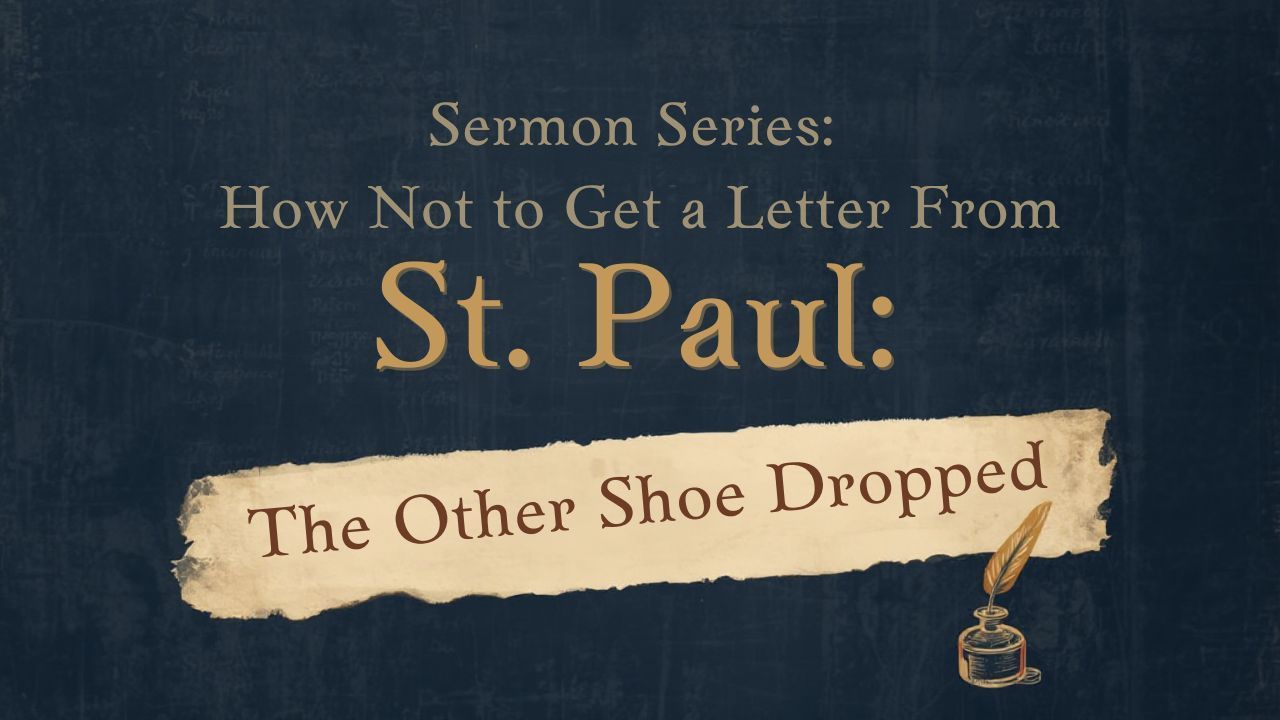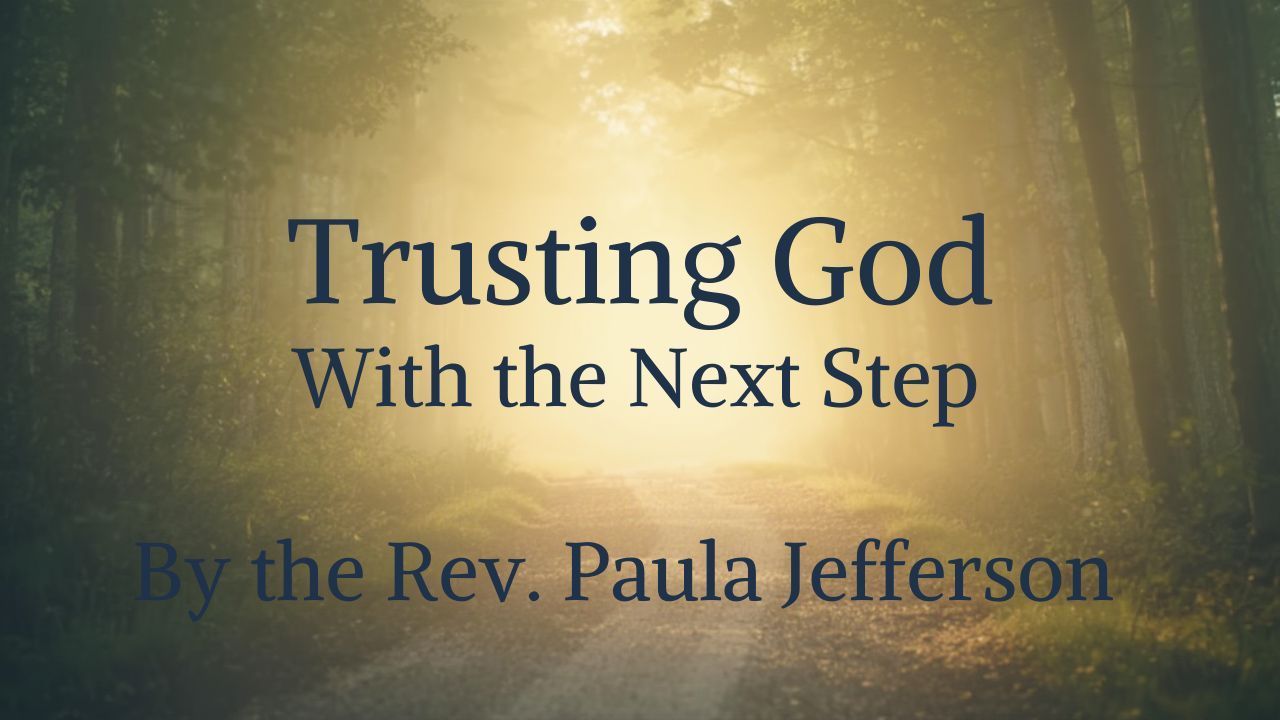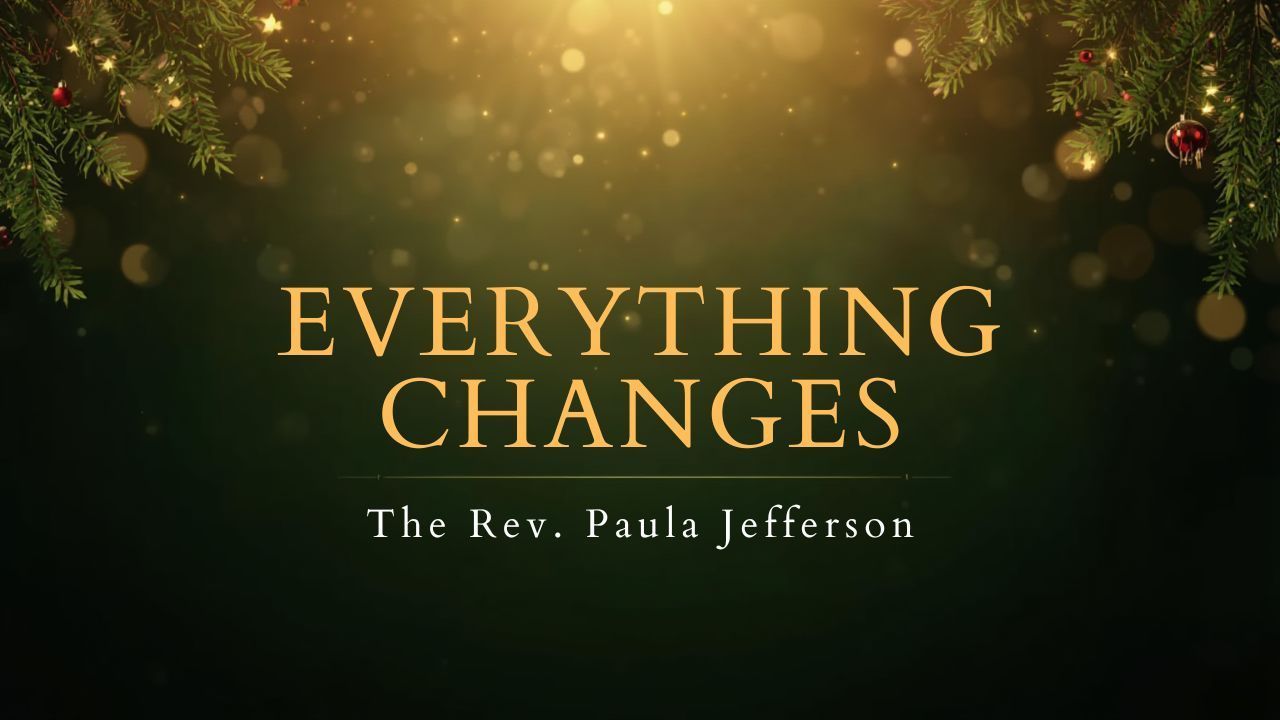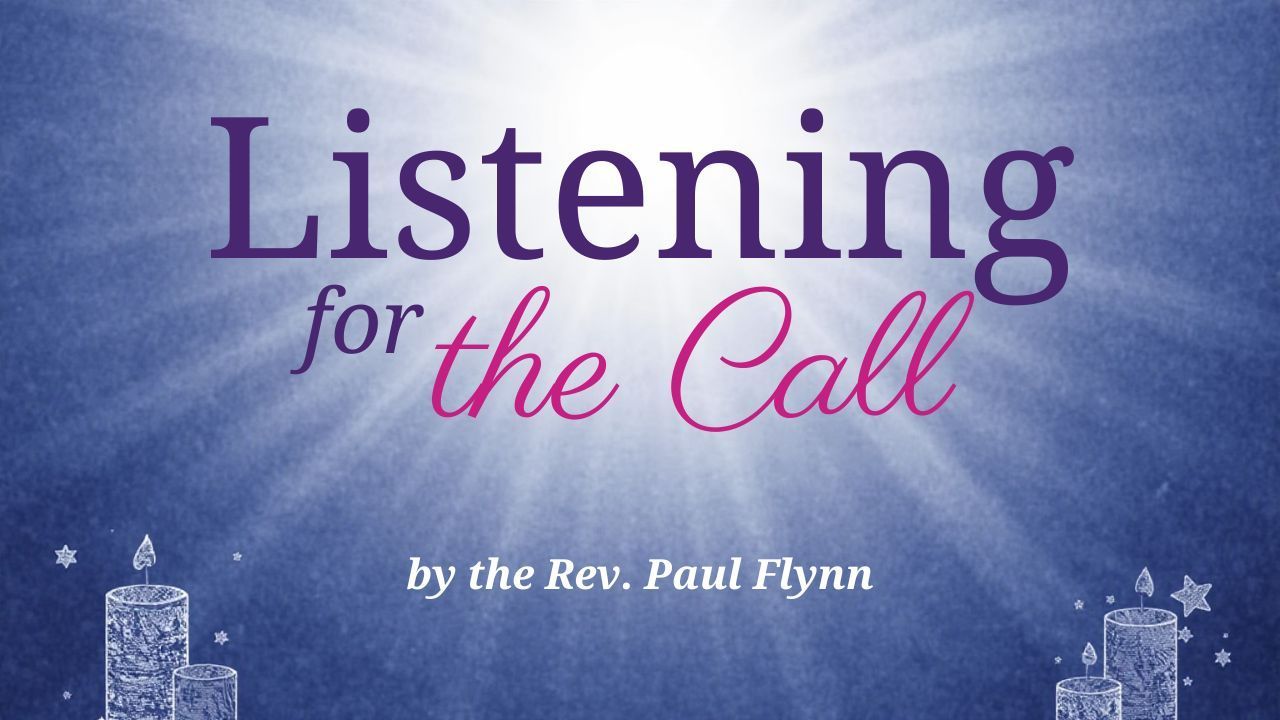Once upon a time there was an agricultural community called The Land of the Gerasenes. This country was on the eastern side of the Sea of Galilee and was Gentile territory so the people there had no problem with raising pigs and eating pork. There was a Gerasene man who was different from other people. As people reacted to him his differences grew worse and worse until, finally, he was ostracized from the community. They bound his hands and feet so he had limited movement. He could not live among the others so he lived in the cemetery. To the people of the community, this man, whose name was Legion, represented everything that could go wrong in everybody's life, all rolled into one person. He was their worst nightmare. He was the manifestation of all their secret shame.
He was the man everybody loved to hate. Now, the man's existence served a very important function in that community. For example, whenever somebody felt like they were going crazy, they could always compare themselves to Legion and say, “It could be worse. I could be like old Legion out there.”
Having Legion as a bad example was useful in rearing their children. They would say, “If you don't stop that, you could grow up to be like Legion.” Anytime anything went wrong, they could always blame it on Legion. Legion played a vital role in maintaining a kind of equilibrium in the community. They projected their own problems onto him so they didn't have to deal with them. Marginalizing Legion made them all feel better about themselves. They improved their own self esteem by stealing it from him.
Then, one day, something happened that completely upset this delicate balance. Jesus sailed across the Sea of Galilee, a trip of only about 5-6 miles. When his boat landed on the beach near Gerasa, this wild man broke his bonds and went rushing at Jesus. Perhaps it was the lack of an expression of fear or maybe it was a look of compassion, but Jesus stopped Legion in his tracks. According to the text, the many demons living in Legion cried out through him, “Jesus, Son of God, what do you want with us?” Jesus knew that when you can name something, you gain a kind of power over it. So, he asked, “What is your name?” The man said, “Legion.” Then the demonic voice cried out for mercy. Jesus commanded the demons to leave the man. When they did, they invaded a nearby herd of pigs. The pigs rushed headlong to the water and drowned.
The pig herders were so shocked by all this that they ran to tell all their neighbors, and the entire community ran out to see what had happened. When they arrived, imagine their surprise at seeing Legion, washed and dressed in clean clothes sitting with Jesus. Now, some have argued that they were upset about the economic calamity that had befallen them when their pigs drowned and that was the reason they asked Jesus to go away. But the gospel says they were seized by great fear. I suspect their fear was grounded in the fact that the exorcism of this man had completely upset the equilibrium of the community. They wouldn't have Legion to kick around anymore. Their own secret demons would now be exposed. The man wanted to go with Jesus. But Jesus did an interesting thing. He made the man a missionary to his own people. Why? I believe it was because Jesus was concerned that the healing work he had started among these gentiles be carried to completion. The healing of Legion was only the beginning. If the mighty power of God could heal the sickest of the sick, the craziest of the crazy, he could heal everybody in the community. Here was an opportunity for a new, healthy equilibrium to be established.
An equilibrium based not on harboring the demonic influences in the community and projecting everyone's self-loathing onto a single outcast individual or getting self-esteem by stealing it from another. But an equilibrium based on the saving, positive effects of the power of God at work in human lives and in the life of a community of people. That was Jesus' way: he always went to the victims of society's ills. He cared for the least, the last, the lost, the most vulnerable, the outcast, the marginalized people. Their amazing testimonies to the power of God, which brought life out of death, joy out of sadness, health out of sickness, changed entire towns. And that is Jesus' way today. Today as then grace is never so amazing as when the recipient is totally surprised to receive it. When we are feeling self-righteous and smug in our relationship with God, we usually are in serious danger and we usually have someone we can point to who is, in effect, our community Legion. Maybe our Legion is that homeless person we saw living in squalor in the doorway of an abandoned downtown building yesterday. Maybe our Legion is residents of the county jail. Could our Legion be somebody closer to home? Somebody who may have made a mistake or violated some community standard and we won't let them forget about it. Somebody who is of another racial or ethnic group we can look down upon. Somebody of a different sexual orientation who makes us feel more secure in our own sexuality when we condemn them. Somebody who is an immigrant. Somebody who isn't washed and scrubbed.
Consider the opening acclamation for the baptismal liturgy: “There is one Body and one Spirit; There is one hope in God’s call to us; One Lord, one Faith, one Baptism; One God and Father of all.” Scholars believe these words from Paul’s Letter to the Galatians are from a very early baptismal creed. Stephen Patterson writes, “The creed was originally about the fact that race, class, and gender are typically used to divide the human race into us and them to the advantage of us. It aimed to declare that there is no us, no them. We are all children of God. It was about solidarity, not cultural obliteration.” Later in the liturgy are these questions: “Will you seek and serve Christ in all persons, loving your neighbor as yourself?” “Will you strive for justice and peace among all people, and respect the dignity of every human being?” And, what is our answer? “I will, with God’s help.”
Healing is not only for the marginalized, but for us as well. We need God’s help to heal us from our hatred, our discrimination, our revulsion, our prejudice, our racism, our sexism, our xenophobia, so that we can reach out and be the healing hearts and hands of Jesus Christ as extensions of his incarnate love, participants in the ongoing redemption of creation itself. Jesus’ way with our marginalized people is to accept them and heal them in ways we can't imagine and send them back into our midst to tell us that if God could do it for them, he can do it for us. This is frightening at first because it threatens the sense of equilibrium we have constructed for ourselves. It is frightening because if Jesus Christ ever got hold of our lives we'd have to change. We'd have to come face to face with our personal demons, and actually name them: fear, greed, prejudice, lust, hatred, ego, antagonism. We can't imagine life without our pet demons.
But Jesus says such a life is not only possible, it is better. He's in our midst today, the Healer. He's reaching out to the one among us who feels there is no way on earth to ever live in a right relationship with him, with other people, or with himself or herself. He speaks to those demons, calls them by name, takes power over them and says, “Come out of her, come out of him.” And, then, he sends the one he has embraced and healed to tell the rest of us how much God has done. Does it frighten you? Do you want to send him away? Go ahead and try but let me warn you; Jesus Christ won't give up on you that easily. He continues to set a feast for us. We can try to tell him not to. We can turn away from his offer. We can run, but we can't hide. He pursues us and sends people he's healed to pursue us so that we too might live the abundant life. Is it scary to you to be loved by such a love?





